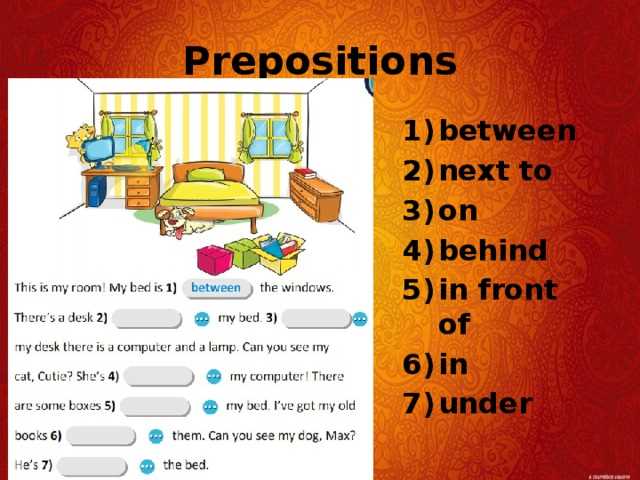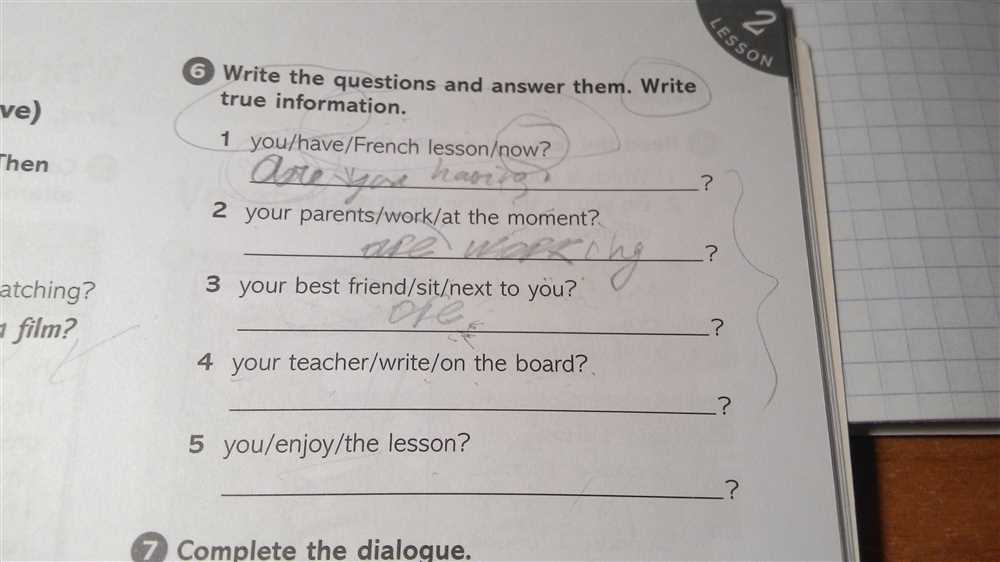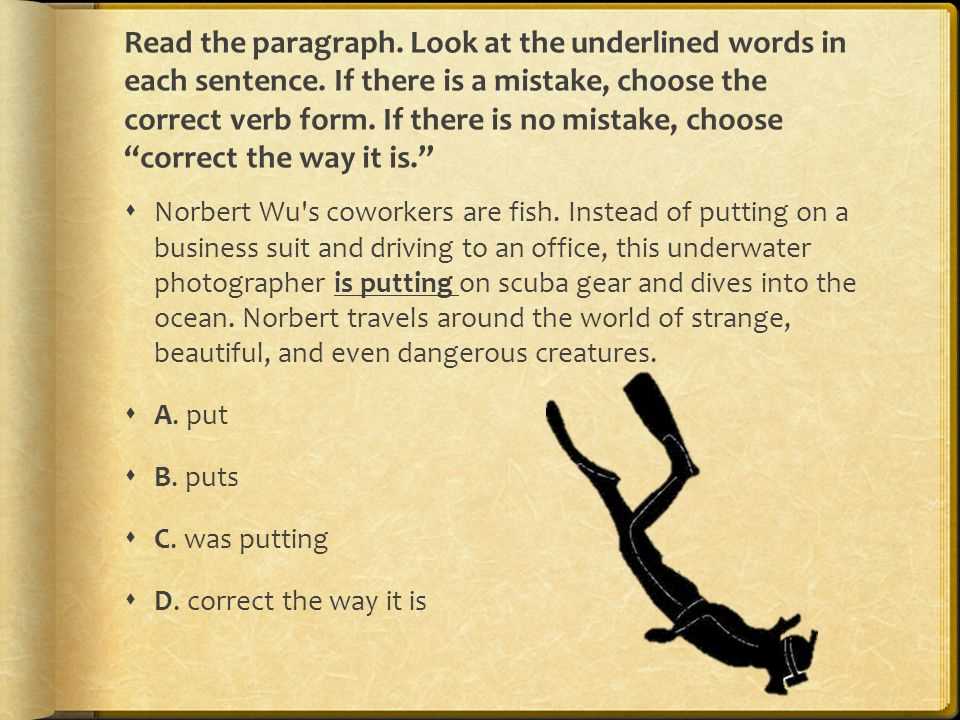
In the dystopian world depicted in Ray Bradbury’s novel “Fahrenheit 451,” books are outlawed and society is ruled by ignorance and superficial entertainment. The main character, Guy Montag, starts to question the status quo and embarks on a journey to find the answers that have been hidden from him and his fellow citizens.
As a fireman whose job is to burn books, Montag has never truly understood the value and power of literature. However, after meeting a young girl named Clarisse who challenges his beliefs, he begins to question the emptiness of his existence and the shallowness of the society he lives in.
In his search for knowledge, Montag turns to books as a source of truth and enlightenment. He starts reading secretly, risking his life and societal norms. Through his encounters with various characters and their books, Montag uncovers the power of literature to ignite curiosity, spark critical thinking, and challenge the status quo.
However, while the books provide Montag with valuable insights, they also present him with profound questions and dilemmas. The texts challenge his beliefs, force him to confront uncomfortable truths, and ultimately lead him to question the nature of his own existence. Montag’s journey not only brings him knowledge but also inspires him to take action and fight against the oppressive regime that suppresses freedom of thought and expression.
Does Montag Find the Answers in the Books?
Throughout the novel “Fahrenheit 451” by Ray Bradbury, the protagonist Guy Montag questions the society he lives in and seeks answers to his existential doubts. Initially, Montag believes that books and the knowledge they hold could provide him with the answers he is searching for. He sees books as a source of meaning and understanding in a world that seems shallow and devoid of genuine emotion and connection.
As Montag begins to hoard books and read them in secret, he hopes to find the answers he seeks within their pages. He believes that the knowledge contained in literature will not only provide him with intellectual stimulation but also offer him a sense of purpose and fulfillment. Montag becomes convinced that books hold the key to breaking free from the oppressive conformity of his society and discovering the truth about life.
However, as the story progresses, Montag begins to realize that simply reading books is not enough to find the answers he seeks. He discovers that the real value of books lies not in the words themselves, but in the ideas and emotions they provoke within the reader. Montag learns that knowledge is useless if it is not accompanied by critical thinking and reflection.
Ultimately, Montag realizes that he cannot find the answers he is looking for solely within the pages of books. Instead, he must engage in active questioning, introspection, and personal growth to discover his own truths. While books may serve as catalysts for these processes, it is ultimately up to Montag to find the answers within himself.
Montag’s Quest for Knowledge
In Ray Bradbury’s novel “Fahrenheit 451,” the protagonist, Guy Montag, embarks on a quest for knowledge. Living in a dystopian society where books are banned and knowledge is suppressed, Montag feels an innate curiosity and a yearning to discover the truth. As a firefighter, his job is to burn books and suppress any form of intellectual curiosity. However, his encounters with Clarisse, an inquisitive young girl, and his growing dissatisfaction with his shallow and empty life inspire him to seek answers in books.
Montag’s journey begins when he steals a book during one of his fire raids. This single act of defiance sets him on a path of self-discovery and rebellion against the oppressive regime. With each book he reads, Montag gains a deeper understanding of the world and the inherent value of knowledge. He realizes that the government’s attempts to control and manipulate the masses through ignorance and conformity are detrimental to humanity’s growth and well-being.
Through his exploration of literature, Montag finds answers to questions that have plagued him for years. He discovers the importance of critical thinking, empathy, and human connection, which have been missing from his life. The books provide him with a new perspective on society, history, and human nature. Montag’s quest for knowledge is not just about acquiring information; it is about uncovering the truth and reclaiming his humanity in a world that has become devoid of it.
- Montag’s curiosity: Despite living in a society that suppresses knowledge, Montag’s innate curiosity drives him to seek answers and question the status quo.
- Encounters with Clarisse: Clarisse’s thought-provoking conversations with Montag open his eyes to the power of knowledge and the importance of questioning the world around him.
- Acts of defiance: Montag’s decision to steal books and protect them from destruction demonstrates his determination to uncover the truth and challenge the government’s control.
- Discovering the value of knowledge: As Montag reads the books, he realizes the immense value of knowledge in expanding one’s horizons, fostering empathy, and promoting critical thinking.
- Reclaiming his humanity: Montag’s quest for knowledge is ultimately a journey to reclaim his humanity and defy the dehumanizing effects of an oppressive society.
Montag’s quest for knowledge is a central theme in “Fahrenheit 451.” It symbolizes the power of intellectual curiosity and the importance of independent thinking in the face of censorship and oppression. Through his journey, Montag becomes a symbol of resistance and hope, inspiring readers to question authority, value knowledge, and fight for intellectual freedom.
The Suppression of Books
The suppression of books has been a common practice throughout history, aimed at controlling information and limiting the spread of ideas. It is a method used by those in power to maintain their authority and prevent dissent. This suppression often takes the form of censorship, where certain books are banned or restricted from public access, effectively silencing voices that challenge the status quo. In Ray Bradbury’s dystopian novel “Fahrenheit 451,” the suppression of books plays a central role in the oppressive society depicted.
In the world of “Fahrenheit 451,” books are considered dangerous and subversive, as they provide individuals with knowledge and critical thinking skills. The government fears the power of books to inspire rebellion and independent thought, so they go to great lengths to eradicate them. Firemen are tasked with the duty of burning books, symbolizing the destruction of knowledge and freedom of expression.
“It was a pleasure to burn.” This iconic line from the novel highlights the twisted pleasure the protagonist, Guy Montag, takes in burning books. At the beginning of the story, Montag is a loyal fireman who sees no issue with his job. However, as the narrative progresses, he begins to question the suppression of books and the society he lives in.
Ray Bradbury’s portrayal of the suppression of books serves as a warning against the dangers of censorship and the need for individual thought. By silencing the voices found within books, a society deprives itself of the opportunity for growth and change. It is through books that knowledge is disseminated, ideas are challenged, and perspectives are expanded. The suppression of books ultimately leads to a society that is stagnant, oppressed, and devoid of critical thinking.
Montag’s Journey with Books

At the beginning of “Fahrenheit 451,” Montag is a firefighter whose job is to burn books, which are deemed illegal in his dystopian society. However, as the story progresses, Montag begins to question the society he lives in and the purpose of his actions. He becomes curious about what lies within the books and starts to actively seek answers from them.
Montag’s journey with books is challenging and transformative. He first encounters books when he meets Clarisse, a young girl who opens his eyes to the beauty and meaning they carry. He starts to read secretly and become obsessed with the knowledge they hold. This newfound curiosity and thirst for knowledge lead Montag to question the suppression of books and the control imposed by the government.
Throughout his journey, Montag discovers that books hold the answers he seeks. They provide him with a deeper understanding of the human condition, history, and different perspectives. His initial desire to simply find answers transforms into a quest for true meaning and freedom.
Montag’s journey is not only about finding answers but also about challenging the oppressive society he lives in. As he delves deeper into the world of books, Montag becomes aware of the power they possess and how they can be used to ignite change. He joins a group of individuals who have dedicated themselves to memorizing the contents of books in order to preserve knowledge and pass it on to future generations.
This journey with books is ultimately a transformative experience for Montag. It opens his eyes to the importance of critical thinking, empathy, and the pursuit of knowledge. Through books, he discovers that there is more to life than the superficial distractions and conformity of his society. Montag’s journey with books ultimately leads him to make a choice between conformity and rebellion, which shapes his future and the fate of the society he lives in.
The Power of Literature

Humanity has long recognized the power of literature to challenge our thoughts and beliefs, to inspire and motivate us, and even to provoke social change. Books have the ability to transport us to different worlds, both real and imagined, and to explore complex ideas and emotions. They offer us a space for reflection and contemplation, challenging us to critically examine our own lives and beliefs.
Literature has the unique ability to capture the essence of the human experience, giving voice to the silenced and marginalized. Through the pages of a book, we can walk in the footsteps of characters who are different from ourselves and gain a deeper understanding and empathy for their struggles. We can delve into their minds and hearts, experiencing their fears, hopes, and dreams as if they were our own.
Books hold the power to ignite our imaginations and inspire us to think critically and independently. They can challenge the status quo and question the prevailing narratives of our society. These written works have the power to open our minds to new possibilities and perspectives, encouraging us to ask difficult questions and seek answers beyond the surface level.
Moreover, literature has the power to connect us as human beings. Regardless of our cultural or linguistic backgrounds, literature serves as a common thread that unites us, allowing us to share in the universal human experience. It brings people together, fostering a sense of empathy and understanding that transcends our differences.
One might argue that literature is not just a form of entertainment, but a vital tool for personal and societal growth. It has the power to awaken our minds, challenge our assumptions, and fuel our imaginations. It is through the written word that we can explore the depth and complexities of the human condition, and ultimately, find the answers we seek.
The Impact of Books on Montag

Books play a significant role in the transformation of Montag’s character throughout the novel “Fahrenheit 451”. In the beginning, Montag is depicted as a mindless conformist, satisfied with his job as a fireman and oblivious to the potential knowledge contained within books. However, as he starts to question the rules of his society and embarks on a journey of self-discovery, Montag begins to realize the profound impact that books can have on an individual’s perspective.
As Montag immerses himself in the world of books, he experiences a gradual awakening of his intellect and emotions. He discovers that books are not merely vessels of information, but rather a source of profound ideas and emotions that have the power to challenge and inspire. The knowledge contained within books opens Montag’s eyes to the injustices and falsehoods perpetuated by his society, prompting him to question the status quo and search for a higher truth.
The encounters Montag has with books and their contents also begin to shape his value system and moral compass. He starts to question the destructive nature of his role as a fireman and the society that promotes censorship and ignorance. Books expose him to different perspectives and ideas, creating empathy and compassion within him. Montag’s growing appreciation for literature and the intelligence it represents fuels his desire for change and ultimately leads him to join the resistance against the oppressive regime.
In conclusion, books have a profound impact on Montag, transforming him from a mindless conformist to an enlightened rebel. Through books, he gains knowledge, challenges his beliefs, and finds the answers he seeks. The power of literature shapes Montag’s character and ultimately sets him on a path towards personal liberation and societal change.
Montag’s Transformation
Montag’s journey in Fahrenheit 451 is marked by a significant transformation. At the beginning of the story, he is a loyal firefighter who burns books and believes in the importance of conforming to society’s rules. However, as he encounters Clarisse and starts to question his own beliefs, Montag’s perspective begins to shift.
One factor that contributes to Montag’s transformation is his growing curiosity. After meeting Clarisse, he becomes more curious about the world around him and the knowledge contained in books. This curiosity drives him to start reading the books he used to burn. As he delves deeper into the world of literature, Montag begins to see the value in the ideas and thoughts contained within the books.
Another aspect of Montag’s transformation is his realization of the emptiness of his own life. He starts to feel disconnected from his wife Mildred and the society he is a part of. Montag’s dissatisfaction with his own existence pushes him to seek meaning and purpose in the books he reads. He no longer finds satisfaction in mindless entertainment or conforming to societal norms.
The books Montag reads not only provide him with knowledge, but they also challenge his beliefs and ignite his desire for change. The more he reads, the more he realizes the importance of independent thinking and individuality. This realization leads him to rebel against the oppressive regime and take action to preserve the books and the knowledge they contain.
In conclusion, Montag’s transformation in Fahrenheit 451 is driven by his curiosity, dissatisfaction with his own life, and the knowledge he gains from reading books. Through his journey, Montag evolves from a loyal firefighter to a rebel who questions authority and fights for the preservation of knowledge and independent thinking.